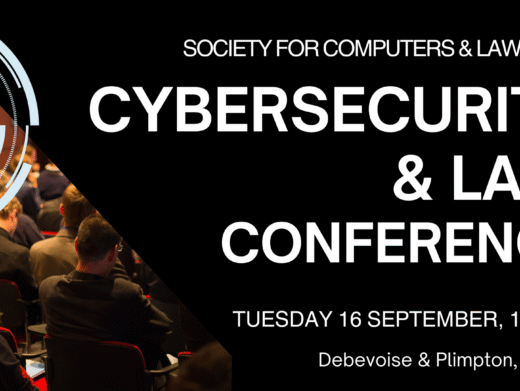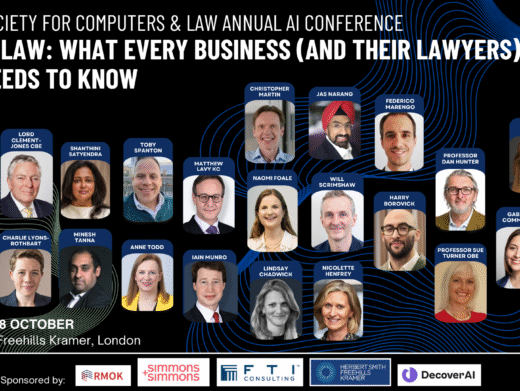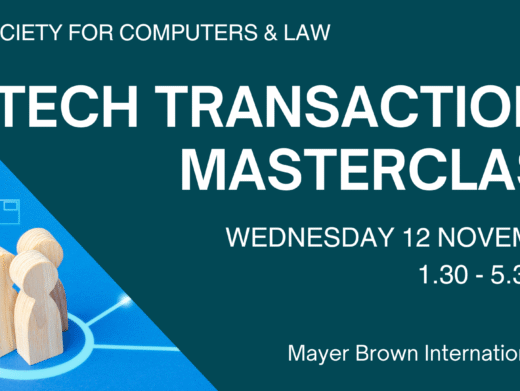After our recent podcast episode on privacy and tech laws in Latin America, two of the guests, Bárbara Lazarotto and Luz Orozco, stayed behind to share some additional insights with the host, Mauricio Figueroa.
Bárbara Lazarotto
Can you share a bit of the work you do at the Brussels Privacy Hub? What is like day-to-day and what are the big conversations at the moment?
Our work at the Brussels Privacy Hub primarily aims to explore the most pressing topics in Privacy, Data Protection, and policy by connecting different stakeholders, such as academia and industry. Right now, we have our hands full with the organization of our annual Summer Academy for Global Privacy Law, which is in its 9th edition. The main topic of conversation right now is the potential plans for simplification of data laws in the EU and how this may potentially impact data protection in the future.
Did you practice in Brazil at some point? How was the transition to academia?
I have a multicultural background involving both Brazil and Portugal. I began my career in the public sector in Brazil as a government lawyer, conducting legal assessments of public procurement processes. Later, I transitioned to the role of prosecutor’s assistant, working closely on constitutional rights cases that would reach the Supreme Court of Brazil. After that, I moved to my second home, Portugal, and began my transition to academia, where I felt at home.
You’re a regular speaker at international conferences. Is there one that you cannot miss or one where you feel at home?
CPDP (“Computers, Privacy and Data Protection”), of which VUB (University of Brussels) is a co-organizer, is one of the main data protection conferences that anyone interested in the topic cannot miss, while also feeling at home. Moreover, the Surveillance & Society conference of the Surveillance Studies Network (SSN) is also a very welcoming environment for those involved in the topic of surveillance. They kindly welcomed me when I was beginning my PhD journey offering a safe space for early career scholars.
You mentioned the cultural context of privacy in Brazil. Do you think a film like “I’m Still Here” reflects some of the historical anxieties or the importance of data control and access to information in the Brazilian context, or even privacy as a form of survival?
Without a doubt, the period of dictatorship in Brazil depicted in the movie was crucial for the implementation of data access rights and data control, such as habeas data, in the Brazilian Constitution, demonstrating how access to information is an essential aspect of a democratic society. Nevertheless, I don’t see that this translated into a privacy as a form of survival, as it did with the Germans following the Nazi regime. As we discussed during the podcast, I believe Brazilians have a generally favourable view of technology, which often leads to a naïve understanding of the potential for privacy violations.
Luz Orozco
In the podcast you talk about the ‘ghosts’ of totalitarianism in the Latin American mindset. Can you explain a bit more on that and how these ‘ghosts’ impact the regulation of digital technologies in the region?
The academic debate on the regulation of digital technologies is primarily focused on the US and European paradigms. Latin America comes from a very different place. In all their diversity, Latin American countries share a past of military dictatorships and authoritarian regimes. Especially when discussing Internet regulation, the (very real) ghosts of censorship, surveillance, and international interventionism haunt policymakers, activists, and civil society. Widely considered one of the deadliest places for press freedom, the region copes with the constant intimidation against journalists, undue state control of media, and criminalisation of social protest. This context necessarily impacts the way we think about tech regulation: we are very sceptical toward state involvement, fear interventionist agendas, but desperately need proportionate legal guarantees against arbitrary corporate power and pervasive surveillance in the region. Latin America needs to develop its own regulatory paradigm, tailored to its unique legal tradition, institutional capabilities, and social needs.
You worked for over a decade as a judicial clerk in a Supreme Court. Do you find any parallels when it comes to putting together an academic article and the project of a judicial resolution? Or are these two totally different worlds?
Writing an article and drafting a judicial resolution operate in two radically different universes. Both require, of course, in-depth analysis and structured argumentation, but the purpose of an academic article is to explore and critique, whereas a judicial resolution aims to solve a conflict. I am not saying that one necessarily has more impact than the other; both have the potential to influence debate and legal reform. Academic work is and should be all about the freedom to inquire, scrutinise, and challenge the status quo. In contrast, delivering justice as a public servant is a huge responsibility that comes with several constraints. You directly affect the rights and duties of people, and every judicial resolution should be grounded in law, not on personal views (whatever theory of argumentation you subscribe to). I love both.
In your experience teaching at the Oxford Internet Institute, what is the biggest challenge of teaching legal concepts and regimes to non-legal audiences? Has your teaching experience made you adjust the way you analyse digital issues?
Being part of the teaching team at the Oxford Internet Institute was a real eye-opener. The MSc in Social Science of the Internet is a truly interdisciplinary program, with international students coming from diverse backgrounds, including political science, economics, anthropology, and sociology. What is my main takeaway? As legal practitioners and scholars, we must learn to listen more and more deeply. We must communicate the main legal concepts clearly and efficiently across jurisdictions without sacrificing nuance when necessary. This balance is very hard. However, there is no way global society can tackle the challenges coming with digital technologies without interdisciplinary approaches. I am afraid that I learn as much, if not more, from my students than they do from me.
In your scholarship you’ve engaged with digital constitutionalism, which is gaining traction in continental Europe. Do you see the framework expanding interest in Latin America?
Digital constitutionalism is a very broad concept that encompasses diverse efforts to articulate constitutional values within digital technologies. As an academic project, it has not gone unchallenged regarding its normative coherence and thickness. However, its appeal lies in the accessibility of its themes – fundamental rights, separation of powers, and the rule of law. It constitutes a shared language for a global problem. To that extent, it offers a promising research agenda supported by an extraordinary community. For Latin America, engaging with this scholarship presents both learning opportunities and the chance to think together and develop effective normative frameworks. But again, context is everything, and we should be careful of hasty regulatory transpositions.
Do you have a favourite podcast, TV show or even a movie that relates to your research?
I would suggest The Sunday Show (Tech Policy Press Podcast) and Views on First Podcast (Knight First Amendment Institute at Columbia University) to think deeply about tech and speech, and Black Mirror to stay awake at night.
Catch up on this episode and explore the rest of our special podcast series, Privacy and Tech Laws Around the World, as we discuss with academics, practitioners and technology professionals how countries are coming to terms with the challenges of digital regulation and privacy.
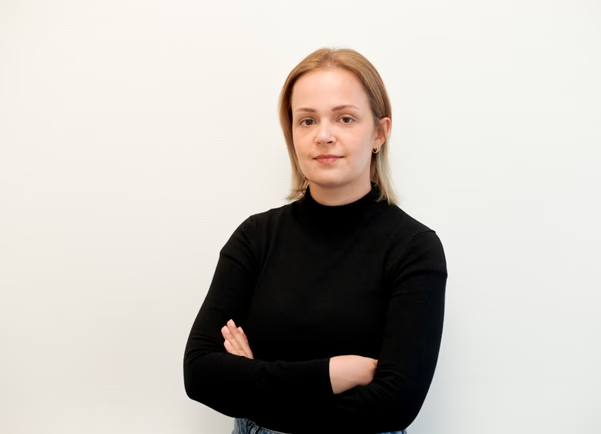
Bárbara Lazarotto is an Executive Member of the Brussels Privacy Hub, where she conducts research on various topics regarding Data Protection Law, Digital Law, and Fundamental Rights.
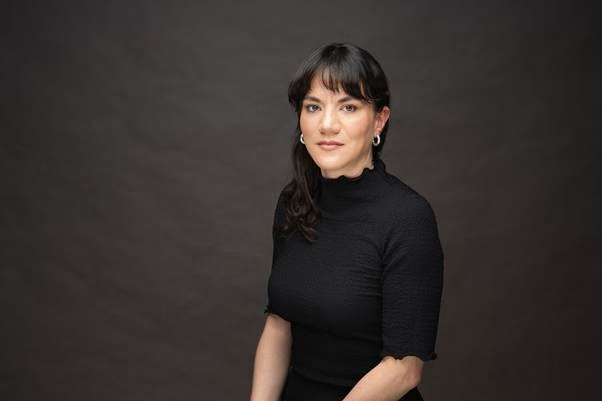
Luz Orozco is a DPhil candidate at the Faculty of Law at the University of Oxford. Prior to beginning her academic career, she spent nearly a decade as a career clerk at the Mexican Supreme Court.
